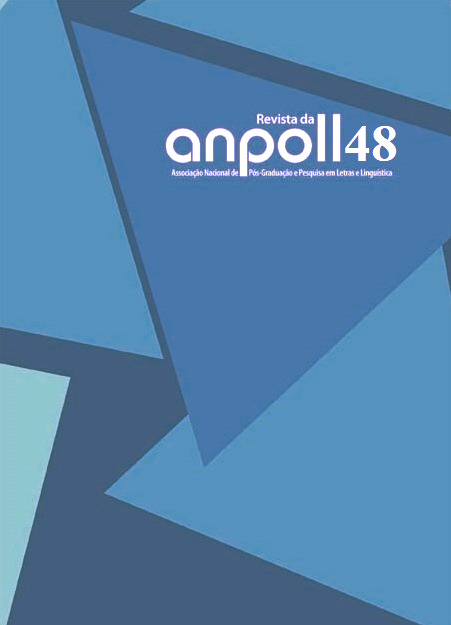Frankly speaking: reading the concept of “English as a lingua franca” within the National Common Core Curriculum in light of bakhtinian thought
DOI:
https://doi.org/10.18309/anp.v1i48.1255Keywords:
English as a Língua Franca, Core Curriculum, Bakhtin, Epistemological ConflictAbstract
This paper aims at analysing the concept of English as a Lingua Franca (ELF) which underlies the English language guidelines in the National Common Core Curriculum – Elementary Schools (BNCC). It starts with the presentation of the main definitions of such polemic and multivocal concept, with an emphasis on its first theorizations dated from the 80s in international publications. More recent reconceptualizations of ELF in Brazil are brought to the fore as an attempt to spot what I have been calling here ELF made in Brazil from which emerges the very refractional, dialogic, and heteroglossic nature of words. The paper discusses such bakhtinian concepts followed by the analysis of the presence of ELF within the National Common Core Curriculum in which an epistemological conflict is identified as its introductory part seems to be in disagreement with the displayed content frames. Conflict arises inasmuch as the very fluid and situated nature of ELF collides with the normative and standardized status of a common core curriculum. Drawing on Bakhtinian thought, in particular, his notions of dialogism, refraction, and heteroglossia, the paper concludes in defense of this epistemological conflict insofar as the play of meanings along with its potential transformation resides from within such conflict in the very encounter between the teacher and ELF if assumed as refractional, dialogic, and heteroglossic sign.Downloads
Downloads
Published
How to Cite
Issue
Section
License
Os trabalhos publicados na Revista da Anpoll são licenciados sob os termos da licença Creative Commons Atribuição 4.0 Internacional. Assim, os/as autores/as ou terceiros podem copiar e redistribuir o material licenciado em qualquer suporte ou formato, e remixar, transformar, ou criar a partir do material desde que sejam dados os devidos créditos ao trabalho original. Ressalta-se que a redistribuição, transformação ou criação, de iniciativa de dos/as autores/as ou de terceiros, deve mencionar a precedência de sua publicação neste periódico, citando-se o volume, número e data desta publicação.






